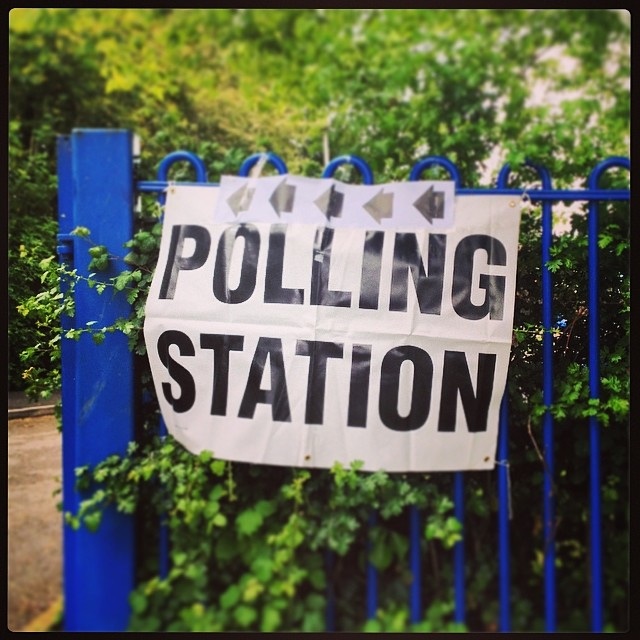| Through the years, I’ve heard people say that if everyone showed up, Democracy would be wonderful. Well, if we learned anything on Tuesday, it is that common sayings can be naïve. Large turnouts are wonderful. Rain is wonderful, too. But too much of it at once can cause a mess if you aren’t prepared. A lot of Utahns may think it’s time to check out of mortality after seeing long lines outside Democratic caucuses in Utah County, of all places. Once you’ve seen this, how many more real surprises can be left in life? By all accounts, the two major parties were flooded Tuesday evening. But the lack of preparation may |
| | have been overshadowed by the sheer exhilaration of such a show of public force. Members of both parties seemed undeterred by having to park several blocks away and wait, in some cases, an hour or more to check in and find their precincts. Only then could they get down to the business of electing delegates to state conventions and, oh yeah, voting for one of the candidates running for president. Now we just have to figure out exactly what it was that brought everyone out, eager to put up with hardships, so we can bottle it and bring it out again next time. This is not a column about the many problems with Utah’s caucus system, although much could be said about that. Messy disorganization describes a lot of what went on Tuesday with the collecting of paper ballots and getting people to the right rooms in school buildings that, even in Utah, rarely see such overcrowding. The truth is, the caucus system’s strengths were on display, too, as average people came together to listen, discuss and decide important matters. This isn’t about online voting, either, although the state GOP amply demonstrated that the concept isn’t quite ready for prime-time democracy, and in fact may never be. No, this is about trying to understand what motivates people to participate. Utahns have become notorious for not showing up to vote. Even with Mitt Romney at the top of the ballot, only 55.5 percent of eligible voters (as opposed to registered voters) cast ballots in the general election of 2012. In 2014, that dropped to 29.7 percent. Researchers who study this sort of thing say people generally vote out of a feeling of civic duty, or out of a sense of personal gratification. No matter what some may say, a single vote rarely, if ever, changes the outcome of an election, and few people cast ballots expecting otherwise. So, what was so personally gratifying about this caucus? In short, Utahns were made to feel an important part of the process. They calculated that their collective preferences would make a difference in how the parties chose their candidates. This was reinforced by the candidates themselves, who, with the exception of Hillary Clinton, made personal visits. It was bolstered by this newspaper’s owner, The Church of Jesus Christ of Latter-Day Saints, which canceled all church activities for the evening and urged people to caucus. It was made clear by media attention, and by prominent politicians urging people to vote one way or another. Among Republicans, all of this was compounded by a sense of urgency concerning Donald Trump. A lot of Utahns really, really don’t like him. For Democrats, Bernie Sanders struck a positive chord. Maybe the people who showed up on Tuesday will remember the thrill of participating and the gratification of being part of something larger. Maybe they will recall how this included not just the presidential race, but local politics, where decisions have a more immediate effect. Maybe they will be inspired to seek office, themselves. Maybe all this will be enough to bring everyone back. That would be nice because, messy, overwrought neighborhood meetings and all, Tuesday was a reminder that civic involvement is invigorating and rewarding. However, we may not see such a perfect set of circumstances fall into place again for a while, and it may be hard to manufacture such a turnout with them. It was, however, good to know voters in Utah were not dead, after all, but merely sleeping. |


 RSS Feed
RSS Feed

